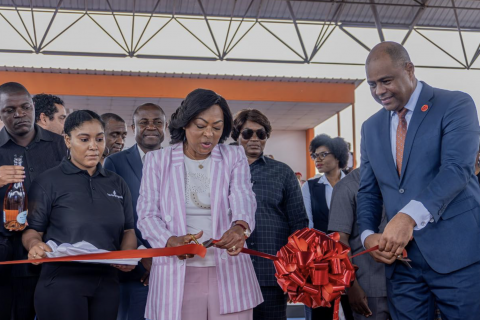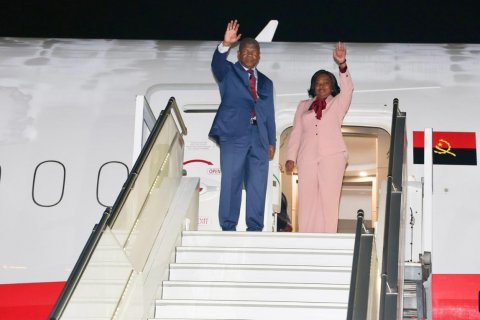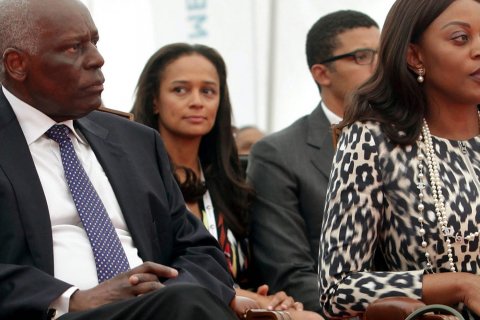“It is a natural perspective [downward revision of economic growth], that is, the International Monetary Fund [IMF] is making adjustments to the growth capacities and dynamics of all economies in the world”, Alves da Rocha said this Wednesday, believing that this is a reflection of the measures taken by the US administration.
Speaking to Lusa, the economist said that the measures taken by the President of the United States (USA), Donald Trump, such as “restrictions and tariffs raise fears, doubts and will end up restricting investment initiatives worldwide”.
“Therefore, it is natural [this IMF perspective for Angola], because everyone knows that the Angolan economy is not very resilient, it has no capacity for resilience, it does not have the buffers that allow it to maintain a certain rate of growth”, he said.
The International Monetary Fund revised downwards the economic growth outlook for Angola in 2025 from 3 percent to 2.4 percent and warned of the risks to budgetary performance.
The IMF's conclusions were released after a post-financing assessment mission led by Mika Saito, which took place between 6 and 12 May, and which will produce a report that is expected to be discussed by the IMF's Executive Board in July 2025.
Alves da Rocha insisted that the IMF's perspectives were “absolutely expected” because the international financial institution “knows the national economy very well”.
“And now we will see what kind of recommendations this IMF mission that was in Luanda will deliver to the Angolan Government”, he stressed.
The director of the Centre for Studies and Scientific Research (CEIC) at the Catholic University also considered that the current scenario derives from the fact that the country's economy is “very dependent” on oil revenues.
Although the weight of the oil sector in the Gross Domestic Product (GDP) “has reduced significantly”, he noted, the reduction has not been accompanied by an increase in the position of other sectors”, he argued. He even considered that the issue of lack of resilience is not exclusive to the Angolan economy, stressing, however, that, at the level of Africa, other economies “may eventually resist” the volatility of oil, namely South Africa and Nigeria, “because they have a higher GDP”. “But we do not have instruments, we do not have shelters so that when the growth dynamics are reviewed, this review is not done downwards”, he also stated. Regarding the IMF's warning about the risks to Angola's budgetary performance, Alves da Rocha said: “We already know that, there is no need for the IMF to come here and say it, because from the moment the whole oil ‘jigsaw’ is at risk, the implications for the economy are predictable”. The expert recalled that the price of oil, the largest source of revenue for the General State Budget (OGE), has been falling, so a budget review is a possibility, although there are “already signs of negotiations between Russia and Ukraine”.
“We will see if this will have any kind of influence on a greater balance in the oil sector. And, therefore, we will wait and see what happens so that the possibility of a review of the OGE can be considered”, concluded the expert.
The IMF highlights that Angola's economic growth in 2024 was “robust”, reaching 4.4 percent, driven by the increase in oil production and the recovery of the non-oil sector, but warns that the outlook has deteriorated, generating risks, due to the fall in oil prices and restrictive conditions for external financing.







